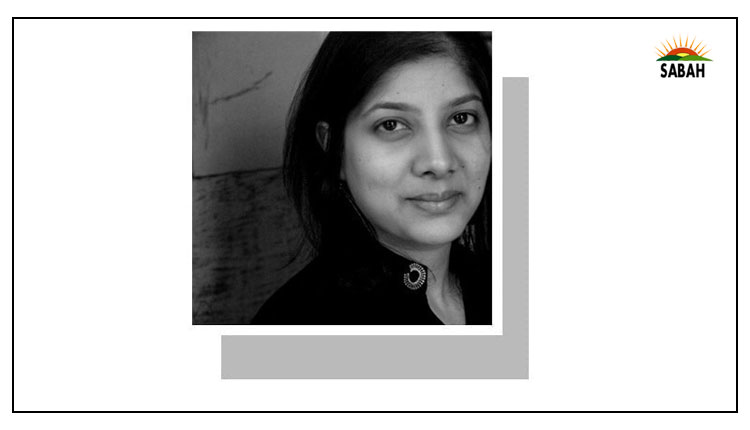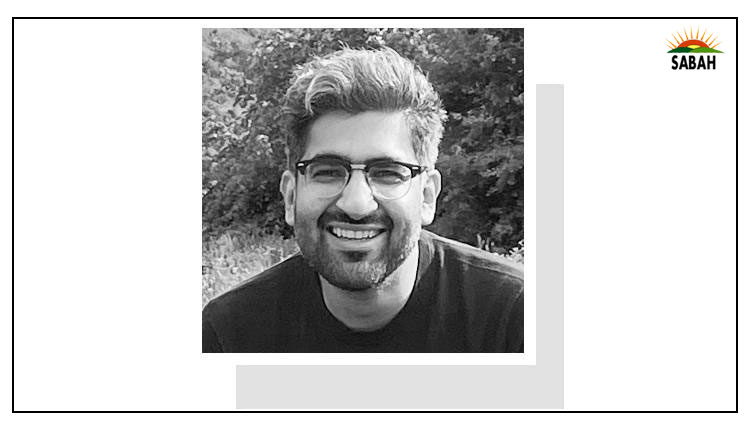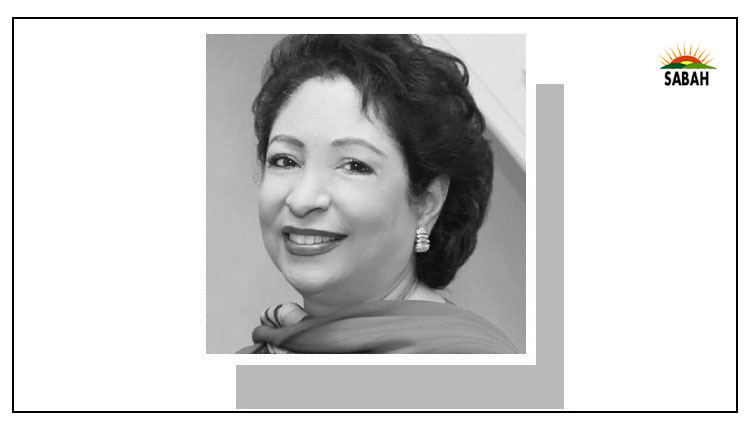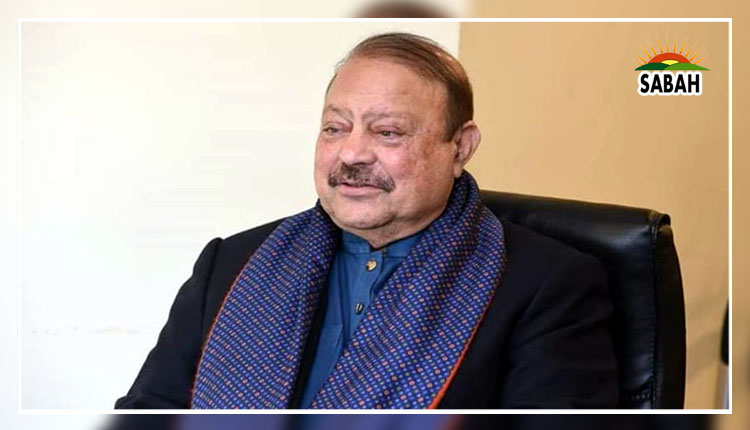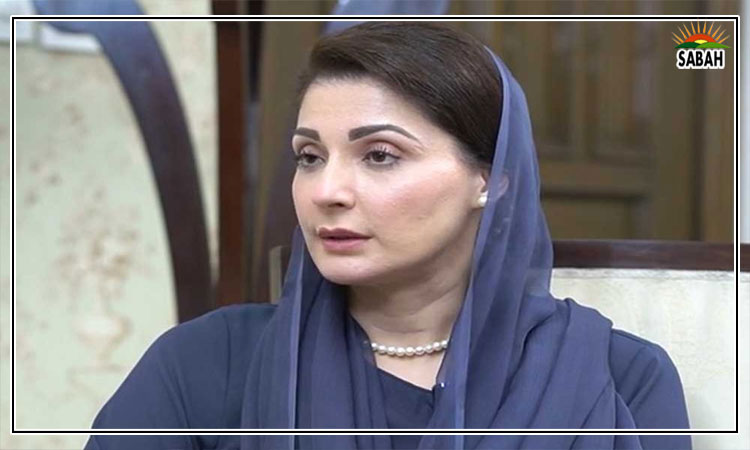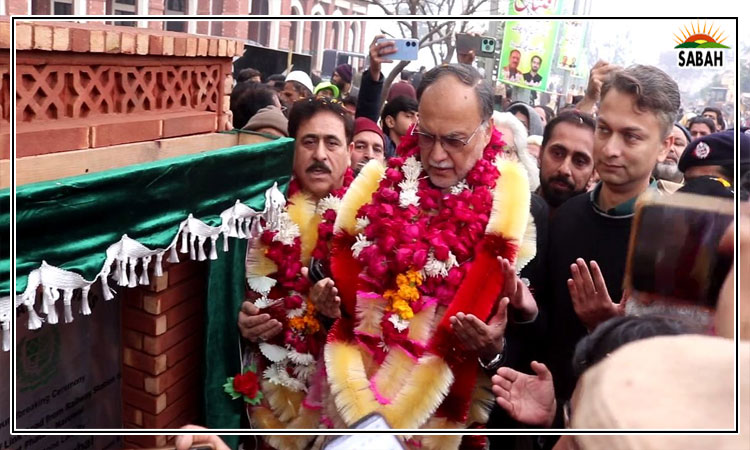AI and pedagogy…M Nadeem Nadir
Mans first landing on the moon celebrates the capability of human intellect to harness the forces of nature but the advent of artificial intelligence (AI), fathered by human imagination, tolls the bell for human intelligence, opine the vocal proponents of AI. American science fiction writer Isaac Asimovs Multivac has matured enough to defy his three laws of robotics, and AI like Frankensteins monster is ready to harm its very creator (human intelligence).
However, with the advent of automation and AI, educators are facing unprecedented challenges. Now plagiarism and digital cheating have become hard to track down. Dubbed as a CAP (cut and paste) generation of netizens, our students have AI tools at their disposal. Students already creatively bankrupt dislike to exert themselves in easy homework assignments, say writing an essay or translating a paragraph. Addicted to early satiation of their inquisitive queries because of search engines on internet, AI apps like ChatGPT have made them shirk employing their imagination in easy creative tasks.
Counterproductively, AI-aided written renderings create a trust deficit between educators and learners. Accordingly educators fail in gauging the actual academic worth and competence of learners. They cant help them out in case of any snags in their studies. The cliche goes that if we hide anything from a doctor, a lawyer or a teacher, they cant prescribe the right remedy for our malady, and the situation can go out of control.
Educators will have to devise strategies to make learners use their own faculty of reasoning as much as possible. To cope with the AI challenges, random testing becomes quite handy. The already attempted assignment should be reassigned to attempt extempore in the presence of teachers and absence of all digital resources. The learners blowback disillusionment in this exercise may induce integrity in them to use their own creative faculty. Viva voce and interview, two academic bogeymen, serve as a litmus test for evaluating the learners true academic worth and depth.
Learners, on their part, must demonstrate sincerity when accomplishing any creative task on their own. They will realise how unique and nourishing is the elation felt at the consummation of some unalloyed artistic endeavour. Only the creator can experience a sense of accomplishment and pride that creation, a godly act, bestows upon him/her. One feels satisfied that one has contributed something valuable to the world. Learners must understand that dependence on AI is transient and saccharined as articulated in the movie Her.
Our students writing expertise is already tattered. The essential standards of essay writing like conceptual clarity, research-based knowledge of the subject and the argument based on logical reasoning, were found absent in the essay writing as noted in CSS 2020 Annual Report. Out of many caveats for the users of AI apps in writing composition, one is that it instils perfectionism in them, ending up on writers bloc. AI editing apps point out grammatical and syntactical errors irrespective of the context, making the writer overconscious of his writing style and language. Rhythm evaporates in writings choreographed with virtual assistants. Mindfulness needed to flesh out ideas is shaken because of writers distraction by software suggestions.
As a classical singers diligent rehearsal of ragas creates grooves in his palatal muscles and lends him full control on his vocal cords bears an analogy to a writers conscious and frequent resorting to his imagination for ideas, eventuating at blue sky thinking. Contrastingly, amassing accolades on AI-aided achievements undermines learners self-confidence and self-esteem. Intellectual vacuum resides in their mind and heart by ersatz feats of phony creativity.
Academic cheating of any kind is cerebral corruption, a precursor to monetary corruption.
Courtesy The Express Tribune


